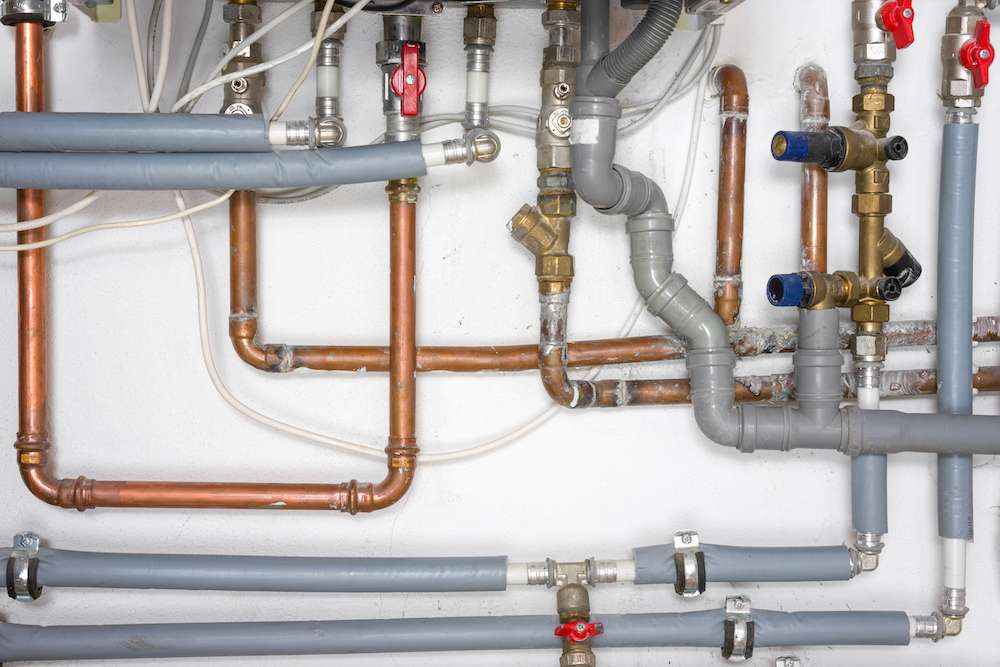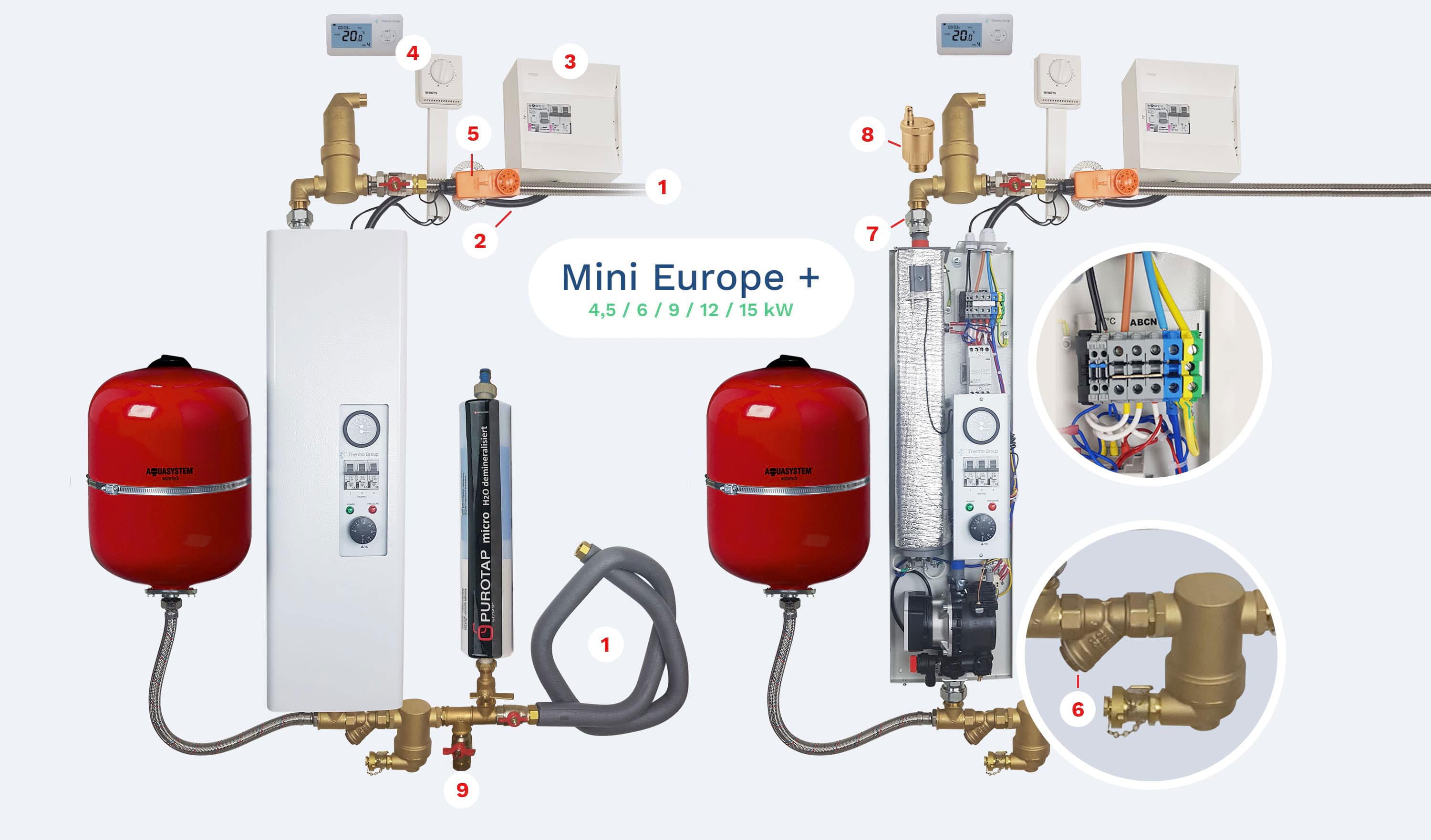
Each heating system operating with a hydraulic circuit is exposed to sludge formation. These can foul the boiler, clog the pipes and cause premature wear of circulators and valves. To take advantage of a powerful heating circuit, and avoid overconsumption of energy, it is therefore important to regularly remove the mud of the heating circuit.
How does sludge appear in the heating circuit?
Sludge appears because of the presence of oxygen in your pipes. It causes the oxidation of metals and the development of microorganisms (bacteria, algae …). By clogging your pipes and your pump, the sludge avoids the water to circulate freely. Consequence: a lower efficiency of your installation, and higher energy consumption.
There are several types of sludge :
- corrosion: it damages the heating circuit and can cause malfunctions ;
- scaling: it causes a diminution of the size of the pipes, and therefore slowing the water flow ;
- micro-organisms: they obstruct the ducts of the heating circuit.
If this sludge is unavoidable, it can be removed by regular desludging. The latter should not be neglected: without it, you increase heat loss, prematurely wear out your boiler and pipes, and significantly reduce the efficiency of your heating network. Ultimately, sludge can even cause the failure of your radiators and you’ll not be supported by the manufacturer. Indeed, if the cause is the sludge present in your networks, you will have to replace the defective parts yourself.
How to detect and desludging your heating circuit?
Generally, it is recommended to remove the sludge of your heating circuit every 10 years (or earlier, depending on the quality of your network). If you change the boiler, this operation is strongly recommended to protect your new boiler. Some signs can help you to detect the presence of sludge :
- by touching your radiators, you might feel colder areas than others ;
- your radiators or boiler are making louder sounds than usual ;
- the water is orange or black when you purge your radiators ;
you can not reach a certain temperature level while your boiler is running at full speed.
If you notice any of these signs or have any doubts, do not hesitate to call in a professional. The desludging is carried out by a heating specialist or a plumber, who will carry out a gentle or strong chemical cleaning, or a hydropneumatic cleaning. Prices generally run around 500 € for this type of operation.
The sludge separator to protect your heating circuit
To avoid paying an energy bill that is too high due to the presence of sludge, or to finance a desludging operation after only a few years of operation, it is possible to install a sludge separator.
Also called sludge pot, the sludge separator captures the various microorganisms and dirt present in the heating water. This accessory is not mandatory but highly recommended. Indeed, its installation will allow you to avoid the erosion of your channels, and protect your installation over time. You can place it on the way back of the heating, after a desludging or during the installation of your new boiler.
Good to know: although very effective, the sludge separator does not exempt you from regular cleaning of your heating circuit. A well protected and maintained network is the guarantee of powerful and durable heating.
> To read also: Heating: why install a sludge separator on my circuit?

